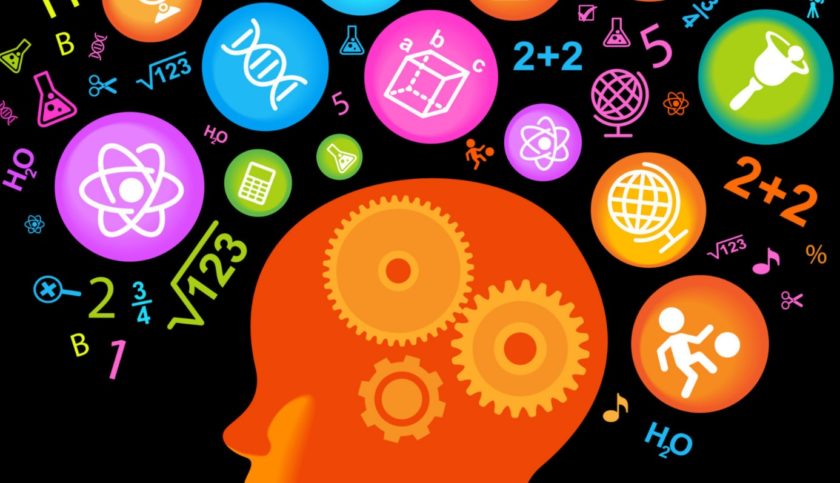
Students come across different choices of subjects in their academic lives, which shape their eventual career and academic paths.
When in school, learners get a taste of almost every subject, allowing them to decide what they prefer as a core subject as they proceed with their academic lives.
In most instances, by the time a student gets to college or university, he or she would have narrowed down to a precise program or subject.
Of the many subjects taught in elementary, secondary, and tertiary education, science and business are the most common.
In this article, we explore why science is important and the challenges encountered in teaching it. We also offer some tips for educators and students.
Why Is Science Education Important for Students?
In the current world, where people are surrounded and influenced by technology and other products of science, education has an immense role to play. Of course, the world that surrounds us is immensely complex and illustrates infinite concepts.
In other words, as children grow up, they need scientific knowledge to make sense of their surroundings and to thrive.
In other words, teaching the scientific method to students is akin to showing them how to reason, learn, make informed decisions, and solve complex problems. These are skills that they will use not only as students but also as working adults.
The Scientific Method | How Is It Relevant?
Human beings are innately curious and have always sought to solve complex problems. However, it is through the process of scientific inquiry that we get to find answers to those problems.
The process of science is direct and finite. Students are taught how to use evidence to form explanations for existing knowledge and communicate their findings.
The scientific method is also relevant for critical thinking. This is the process of finding solutions to problems by employing the logical analysis of evidence and procedures.
Remember, critical thinking allows you to make informed decisions relating to any part of your life. You can decide whether or not to get writing help by weighing the pros and cons.
The Significance of Science Education

The scientific approach helps in various aspects of people’s lives. Education should ensure that young people entering the workforce have the necessary skills and knowledge to thrive and promote scientific, economic, and technological development. This is one of the reasons why educators increasingly focus on science-related subjects.
Another objective of science education is to provide learners with the necessary grasp of technological and scientific methodologies to enable informed decision-making regarding technological and scientific issues.
As is evident, these two roles are connected and show the significance of making sure that all students have a sound education in science.
Beyond the possibility of impactful scientific breakthroughs, there are some amazing individual perks of learning science.
For instance, it allows students to develop the ability to interrogate and ask questions, gather information, test and organize ideas, and apply knowledge.
Also, science education offers a basis for developing communication skills, building confidence, and making sense of our environment.
In essence, technological progress founded on science has changed the methods of production and transformed existing professions. New careers have been created, and the knowledge base demanded of professionals has been adjusted.
The outcome has been that the mathematical, engineering, and scientific disciplines upon which the progress is founded have become an indispensable aspect of modern education.
As new headlines on global warming, cloning, climate change, and genetically modified food continue to dominate the news, citizens need to be able to adapt.
Scientific literacy gives them the knowledge and skills needed to not only survive but also thrive in creating sustainable development. That kind of literacy is only possible with quality science education.
What Challenges Exist in Science Education?
A considerable challenge facing science education is the perception that most approaches are currently abstract and irrelevant to real life. Students often feel that they are burdened with the memorization of facts.
Also, while science subjects in school curricular are grouped into chemistry, biology, and physics, there is seldom any attempt to find connections between the fields.
There are tons of jobs for scientists, innovators, and engineers. Teachers have an important role to play in mentoring and inspiring future scientists using constructivism and other evidence-based approaches.
The educators also have a responsibility to make science interesting and relevant to students.
Although science education is still inadequate in many places in the world, innovative approaches seem to be registering success. Educational research also contributes useful information regarding effective strategies to facilitate learning.
[wp_ad_camp_1]

